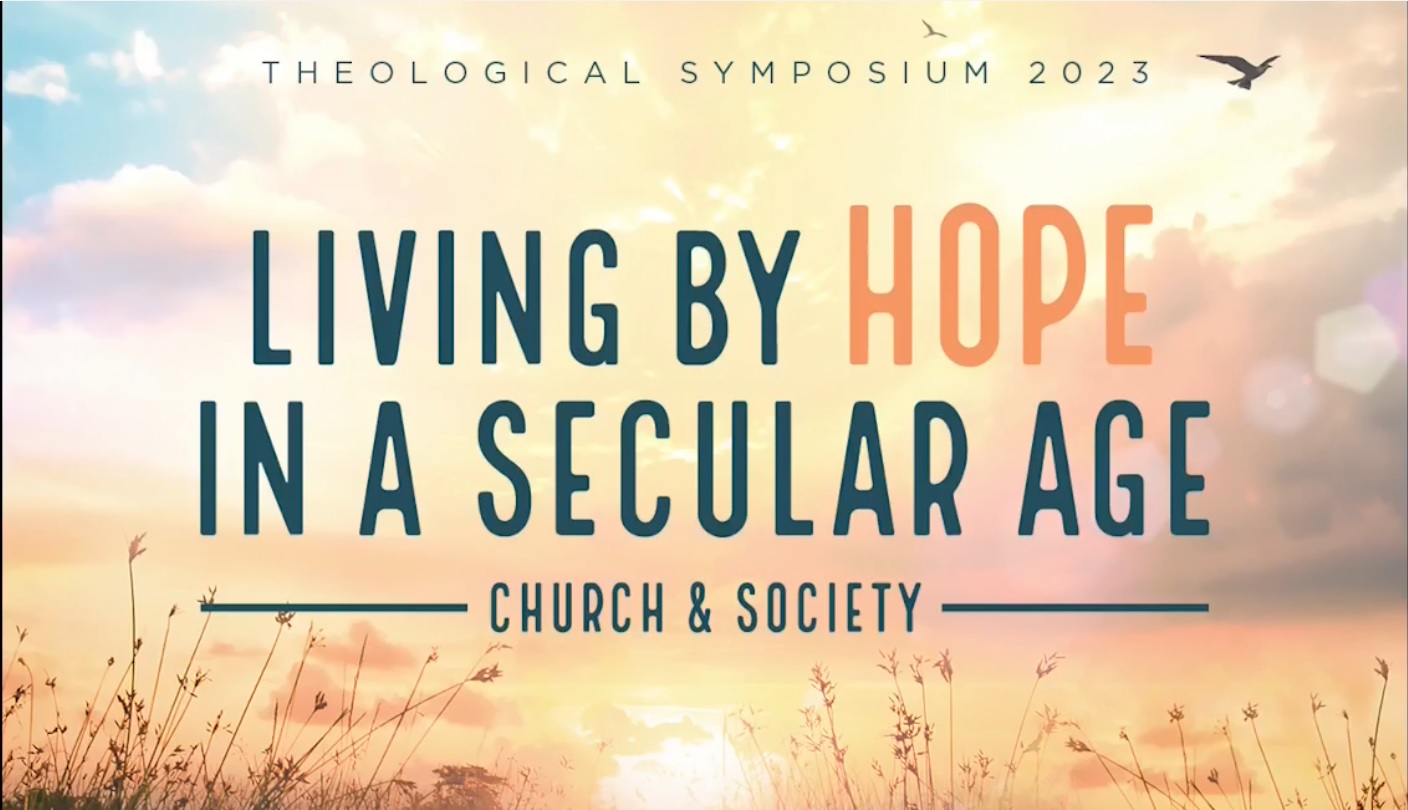Loading...
Start Date
19-9-2023 2:15 PM
End Date
19-9-2023 3:00 PM
Keywords
2023 theological symposium, liberalism, catholic, lutheran, order, liberty, anti-liberal, christian, internationalism, nationalism, conservatives, intergralism
Description
A movement known as “Integralism” has become increasingly popular across political and theological spectrums. Critiquing many of the philosophical commitments of constitutional democracies, with a sharp rebuke against individualism, pluralism and popular rule, “Integralism” longs for a polis and theology that are fused together, limiting the private nature of liberty embedded in most constitutional democracies. Although rooted in a history that has as its model an authoritarian Catholic state, contemporary “Integralists” represent a broader audience that increasingly attracts Christians outside the Roman communion. This sectional will broadly define the nature and scope of Integralism, highlighting why, even among Lutherans, it is a tempting philosophy in a world where the church’s place and voice are no longer valued. But despite its appeal, “Integralism” remains antithetical to Lutheran theology and will do little to create hope in our polarized world, which in turn begs the question, if not “Integralism,” then what?
Submission Type
Bible Study; Lecture; Sermon Prep
Submission Audience
Laity; Ministers; Scholars
People in this Resource (separated by commas)
Luther, Madison,
Submission Cost
Free
The Rise of Integralism and Why Lutherans Should Resist It
A movement known as “Integralism” has become increasingly popular across political and theological spectrums. Critiquing many of the philosophical commitments of constitutional democracies, with a sharp rebuke against individualism, pluralism and popular rule, “Integralism” longs for a polis and theology that are fused together, limiting the private nature of liberty embedded in most constitutional democracies. Although rooted in a history that has as its model an authoritarian Catholic state, contemporary “Integralists” represent a broader audience that increasingly attracts Christians outside the Roman communion. This sectional will broadly define the nature and scope of Integralism, highlighting why, even among Lutherans, it is a tempting philosophy in a world where the church’s place and voice are no longer valued. But despite its appeal, “Integralism” remains antithetical to Lutheran theology and will do little to create hope in our polarized world, which in turn begs the question, if not “Integralism,” then what?


